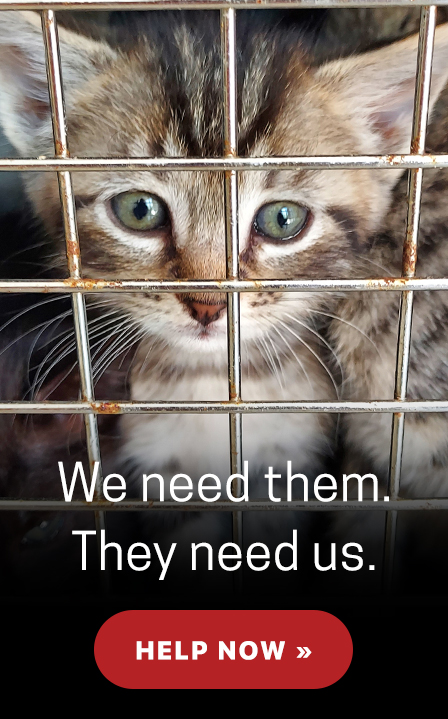When an animal must be used for research purposes, American Humane endorses the 3 Rs: refinement of tests so animal distress or pain is minimal, reduction of the number of animals used in a study and the replacement, whenever possible, of animal experiments with non-animal experiments. We also support taking the 3 Rs to a higher level by first ensuring that animals are involved only when their use is the most ethically acceptable way to address the question being researched.
- Prior to beginning a study, scientists must demonstrate that they have considered alternative methods to animal research, that their research cannot successfully be done without animal models and that their studies are designed to produce needed results and information.
- Scientists must also consider how to give these animals the best life possible in the lab. Environments must provide safety, comfort, cleanliness and enrichment, and pain and fear should be controlled.
- No animal should be put in a position of experiencing severe suffering.
Laboratory animals should not include those from animal shelters or animal control facilities.
American Humane supports the fields of in vitro and in silico toxicology to promote and develop New Approach Methodologies and other non-animal models, such as 3D organotypic cell models with high-content and high-throughput approaches and metabolomics, proteomics, transcriptomics, miRNA profiling and imaging techniques.
American Humane acknowledges that legal requirements necessitate animal testing prior to the approval of vaccines, drugs and other specific products. Many of these products are needed to advance human and animal health. American Humane supports changes in laws and regulations to eliminate unnecessary animal research and applauds the EPA’s plan to end animal testing by 2035.

